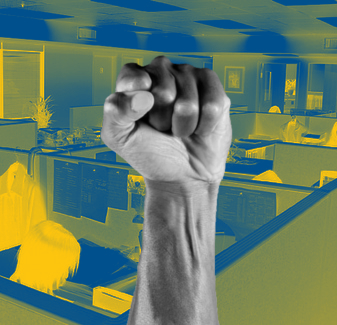Minns moves to PS talks
 Labor has won the NSW election, ending over a decade of Liberal reign.
Labor has won the NSW election, ending over a decade of Liberal reign.
Led by party leader Chris Minns, the party is expected to hold at least 47 seats in the 93-member lower house.
Nine seats were taken from the Coalition, including those in the key Western Sydney seats of Parramatta and Penrith, and the regional seats of South Coast and Monaro.
During his victory speech, Minns expressed his readiness for the challenges and opportunities of government, promising to govern for everyone in the state.
Minns was brought up by “passionate” members of the Labor Party, and after joining the party at 18, he became an MP in 2015.
Minns has been married to Anna Minns since 1999, with whom he raised three sons, and he is a practising Catholic.
Mr Minns is known for his cool-headed, laid-back style, and he won the party leadership unopposed in 2021.
After winning on the weekend, he said one of his first moves will be to reach a “sensible resolution” to lifting the public sector wages cap. NSW Labor has also promised to cut back on the state’s senior executive public servants by 15% through “natural attrition”.
“We know we’re going into these negotiations with economic principles in mind but there is a [opportunity] to talk about what we can do in New South Wales and have a genuine negotiation, as I said during the campaign,” the new premier said.
“Every other state doesn’t have a wages cap in place.”
Public Sector Association (PSA) secretary Stewart Little says the union wants more than the 3.5 per cent proposed by Minns.
“There’s no doubt they have a mountain to climb in terms of addressing the structural issues created over the last 12 years. There are chronic worker shortages and the legacy of a lack of investment and that isn’t going to be fixed overnight,” Mr Little said.
“But there is also no question our members will be seeking a fair wage rise. It won’t be anything like current inflation but I expect anything less than the realm of upwards of about 4 per cent would be met with concerted opposition from the trade union movement.”








 Print
Print